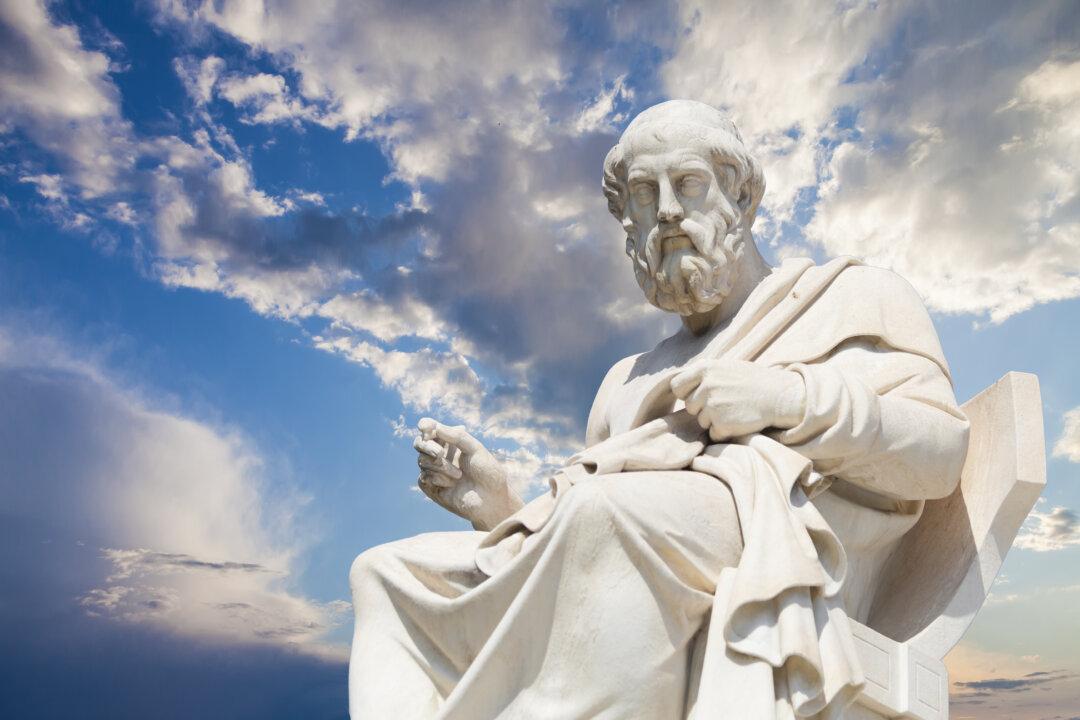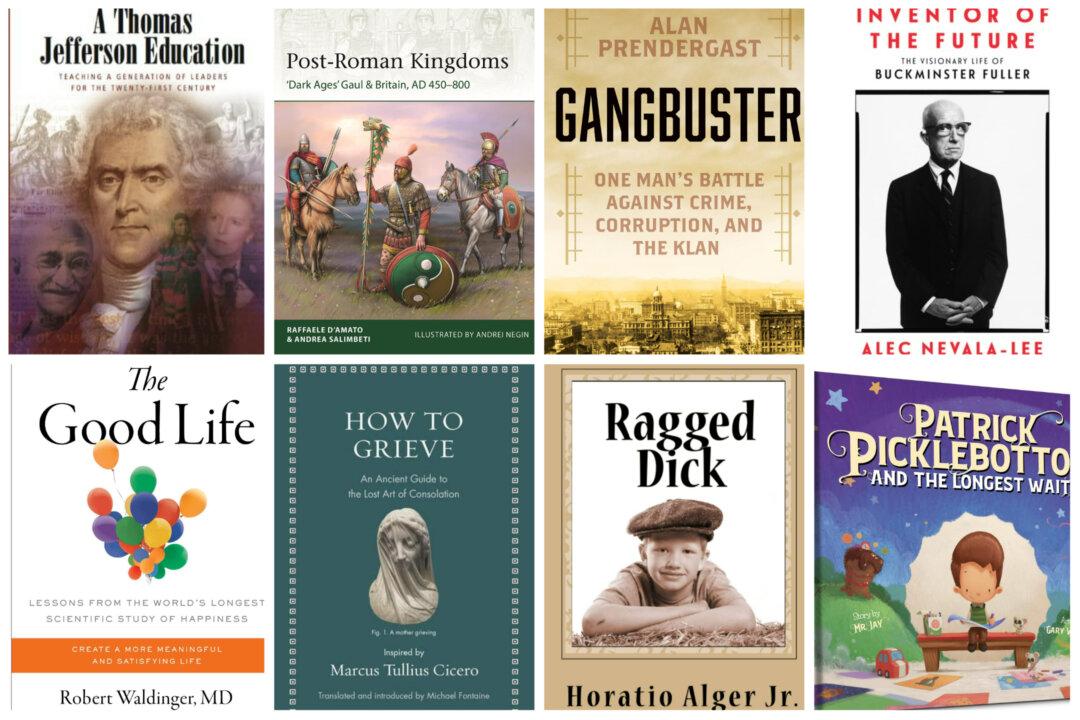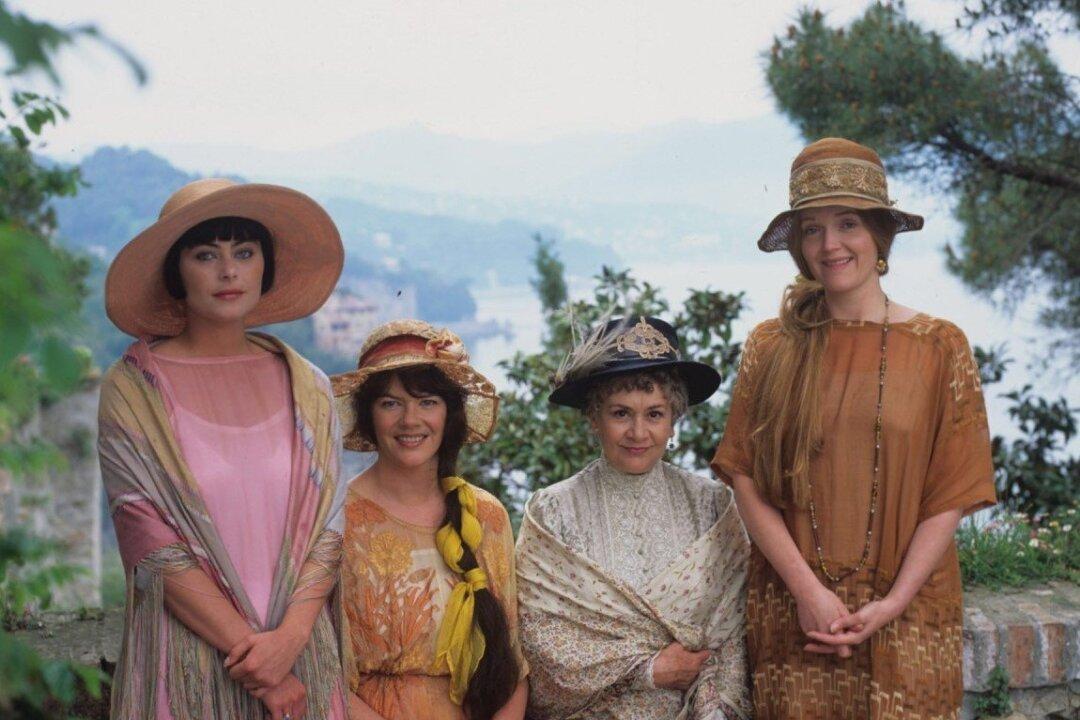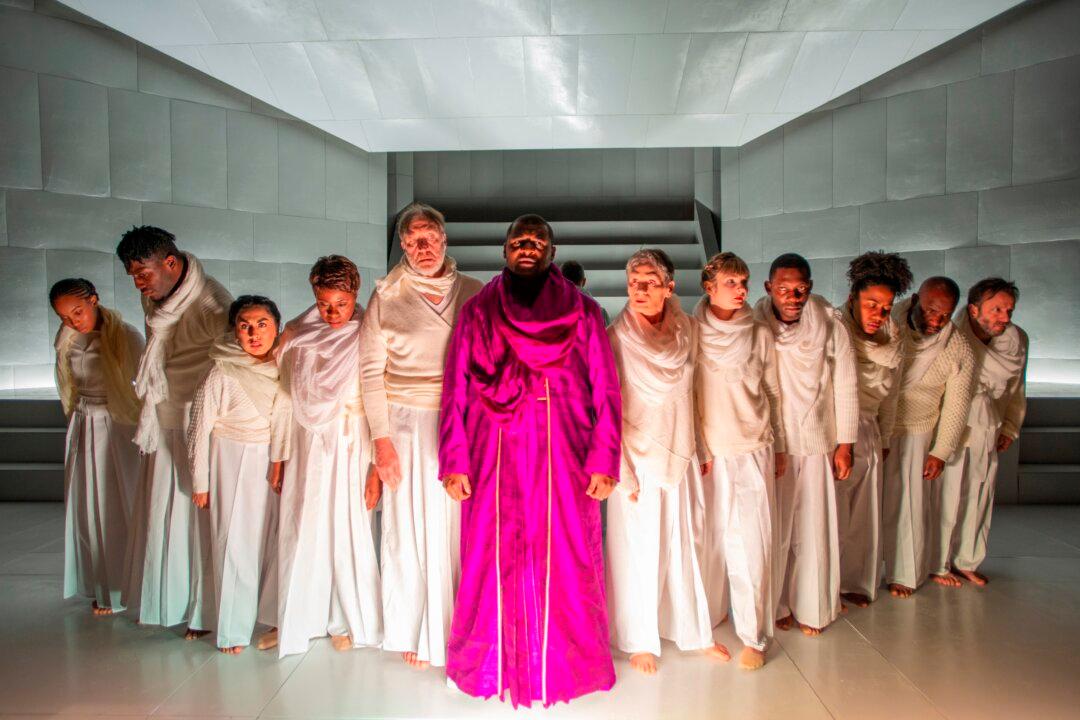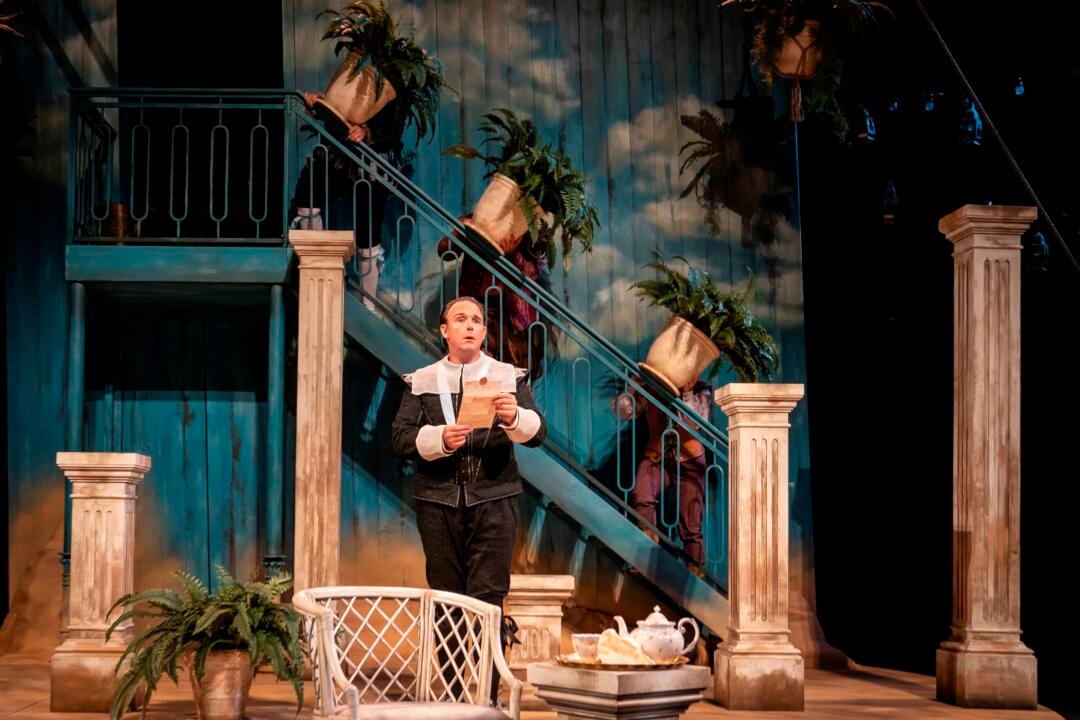Do we value self-control or indulgence? Do we value kindness and generosity or competitive self-interest? These are the questions educator Jeremy Tate asks us to think about and then suggests we project them on a canvas as large as our nation itself. Do we want to raise a nation of citizens with the core value of decency or not?
Tate, co-creator of the alternative college preparatory exam called the Classic Learning Test (CLT), believes that classic texts by our greatest Western thinkers offer us a way to develop character in our young.
According to Plato, Tate said, education once focused on the type of person that resulted from it. “Education should be like a sort of boot camp in the sense that you come out with discipline and ready to be productive and fruitful, as well as encouraged to pursue virtues,” he said in a phone interview on July 19.
